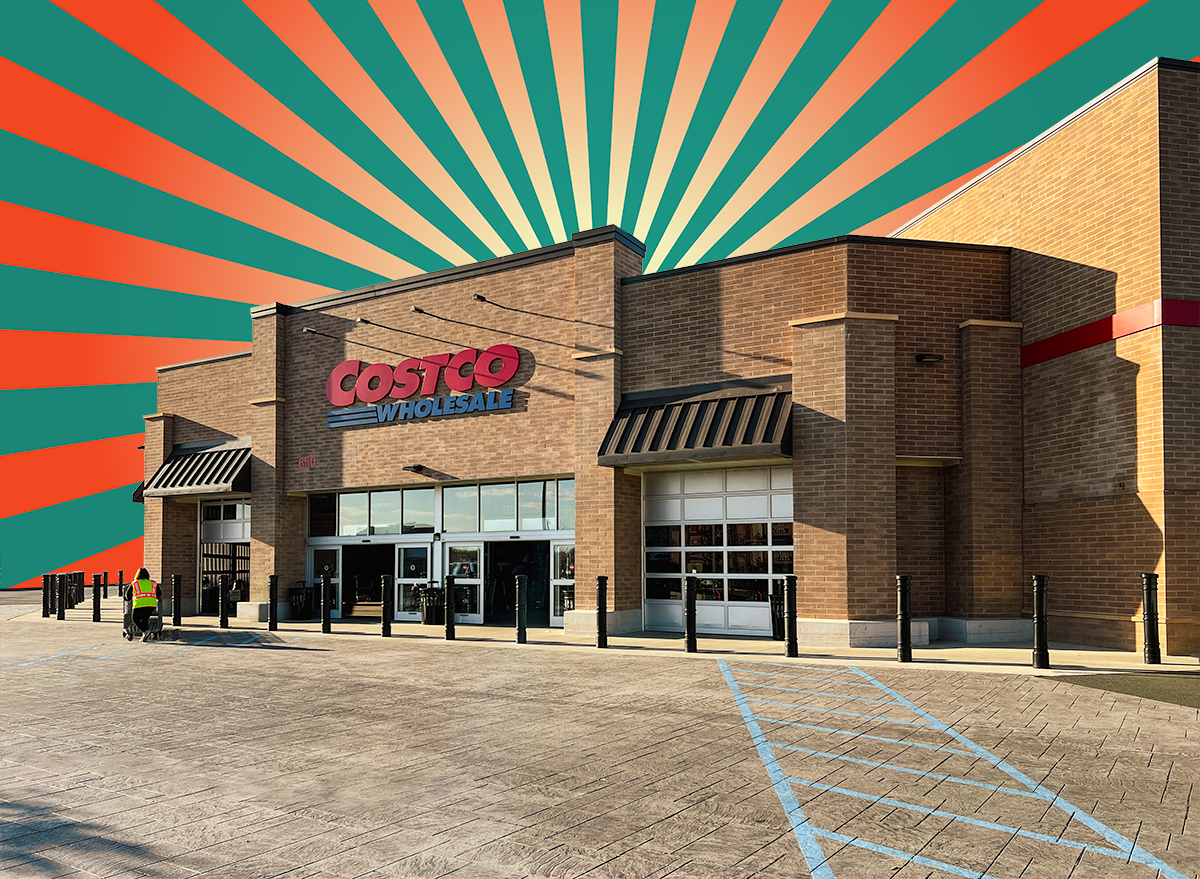"Shrinkflation" Is Costing You Money on Groceries—Unless You Shop at Costco

It's not your imagination. Our groceries are shrinking. Not the prices, sadly, but the sizes. We're no fools. We've noticed that our products have gotten smaller or lighter while staying at the same price—or even getting more expensive, thanks to supply chain issues, increased gas prices and inflation.
Shrinkflation is another way manufacturers are trying to handle these issues while avoiding massive price hikes that may scare consumers. In the last year alone, food prices have jumped 10.9%, according to the Bureau of Labor Statistics, which is the largest 12-month increase since 1979. Hardest hit are margarine, coffee, eggs and soup.
"We're in the middle of a tidal wave of inflation, unfortunately, and so we're seeing more and more items that are shrinking," Edgar Dworsky, the founder and editor of Consumer World, told CNBC.
Shrinkflation is mostly impacting pantry items, meat, bread, pastries and frozen foods, according to a new survey from Morning Consult. It's an issue that 64% of adults worry about at the moment, the survey says.
Well, worry no more—at least if you shop at Costco. The membership-only warehouse is keeping its products mega-sized, according to The Motley Fool. Want a muffin the size of your head? A jar of olives to last you through 2023? A container of cottage cheese to feed a family of 10? Head to Costco, which appears to base its entire experience on the opposite of shrinkflation. Non-members can either order from Costco online for a slightly increased price, or they can try other ways to avoid shrinkflation.
Nearly half of consumers say they've tried to outsmart shrinkflation by buying a different brand, per Morning Consult, while 48% say they're snagging the generic brand to save money. And 33% are buying in bulk at their supermarkets instead of grabbing smaller packages to avoid the shrunken products.








